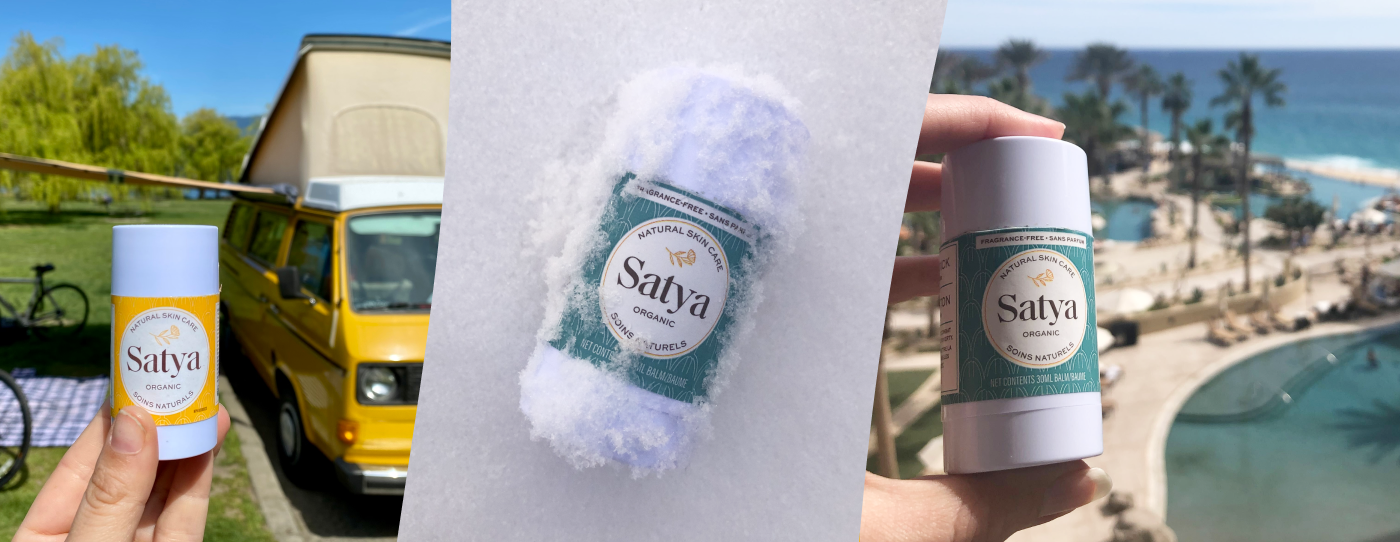Do you suffer from eczema? If so, you may be more susceptible to other chronic health disorders such as irritable bowel syndrome (IBS). This is especially true for individuals with Atopic Dermatitis (AD) – the most severe form of eczema.
In a classic chicken-and-egg scenario, you may wonder about the connection between eczema and IBS. Does one medical condition precipitate the other? Can eczema flare-ups worsen IBS symptoms, or vice-versa? How can these conditions be successfully treated in tandem?
Before connecting the dots, we need to better understand the signs and symptoms of each disorder.
What is Eczema?
According to the National Eczema Association, eczema is characterized by inflamed skin and describes a variety of skin conditions including atopic dermatitis, contact dermatitis, dyshidrotic eczema, nummular eczema, seborrheic dermatitis, and stasis dermatitis.
What is Irritable Bowel Syndrome (IBS)?
Irritable Bowel Syndrome (IBS) is a common disorder affecting the large intestine, as defined by the Mayo Clinic. This chronic condition may include cramping, abdominal pain, bloating, gas, diarrhea or constipation.
5 Facts – Connecting the Dots:
Now that we have a working definition of each disorder, we can highlight the proposed relationship between eczema and IBS. To date, there has been limited research conducted on this topic and little known about causation. There are, however, a handful of studies and articles that seek to illuminate what is often called the ‘gut-skin axis’, specifically from the Indian Journal of Dermatology and Healthline.
Five emerging facts you should know about eczema and IBS:
The Treatment:
Although there is much to learn about the gut-skin axis, the information available today can still make a vital difference to our skin and overall health! Take a look at the following suggestions for how to manage eczema and IBS from the Canadian Digestive Health Foundation:
- Adopt an integrative and functional approach towards your health by using good skincare products while paying close attention to what’s happening inside your body. After all, a great complexion can only be achieved when everything is working together in harmony.
- Try to minimize gut irritation and inflammation by examining your food, beverage, supplement, and medication use. Nutritious food is certainly important, but what you absorb is crucial to maintaining optimum skin health. Your diet should include skin-supporting nutrients such as vitamins A, C, and E, in addition to minerals like omega-3 fats.
- Assess your stress levels, including the amount of sleep that you typically get at night. You may wish to develop a mindfulness practice to help alleviate your stress through activities like yoga or meditation. In general, doctors recommend between 7-9 hours of sleep a night for healthy adults.
- Consider getting tested for possible food allergies to find out how to support a healthy gut microbiota/bacterial population. As mentioned above in Five Facts, allergies are very common among those with eczema and IBS. Part of any successful treatment plan is awareness and prevention.
Perhaps the biggest takeaway from this article is the need for continued research and discussion on the topic of inflammatory disorders. It is clear that a connection exists between eczema and IBS, but further studies could potentially enhance our knowledge of each condition and broaden specific treatment options. In the meantime, a holistic approach to skin and gut health can reduce symptoms and promote healthier living.



